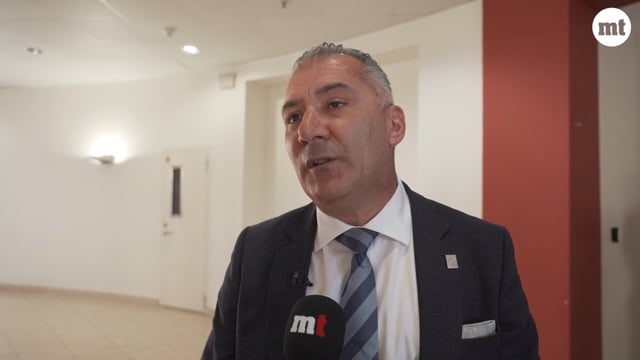[WATCH] Government extends continuous glucose monitoring service to more diabetic patients
The service is now available for type 1 diabetes patients who are between 35 and 45 years old, people who are dependent on insulin due to pancreas disease, and pregnant women who develop gestational diabetes
.png)

Continuous glucose monitoring service is now available to a broader range of diabetic patients, as part of an ongoing expansion effort.
The service is now available for type 1 diabetes patients who are between 35 and 45 years old, people who are dependent on insulin due to pancreas disease, and pregnant women who develop gestational diabetes.
In a press conference on Friday, health minister Jo Etienne Abela underscored the significance of continuous glucose monitoring, highlighting its role in providing precise control over blood sugar levels, which ultimately enhances the quality of life for diabetic patients.
He emphasised government's commitment to addressing diabetes, a condition affecting some 10% of the population.
Speaking to MaltaToday, Abela noted that by the end of the year, some 900 people are going to benefit from the monitoring devices, noting that his wish is to provide the service to all those who can reap its benefits.
Abela stated that government's expenditure on such services which cater to diabetics in Malta is enormous, as diabetes is linked with a vast number of other diseases.
The minister also made reference to insulin pumps, which deliver doses of insulin multiple times everyday and likewise, boost diabetes patients' quality of life. While noting that such devices will not be rolled out any time soon, Abela said that he was certain that they will be introduced, "in the coming years."
This expansion, Abela noted, is another step in fulfilling the government's promises, and is expected to benefit approximately 200 individuals.
Abela assured ongoing collaboration with patients and healthcare professionals to monitor diabetes and explore innovative approaches for managing the condition locally and supporting affected individuals.


.png)

.png)

















